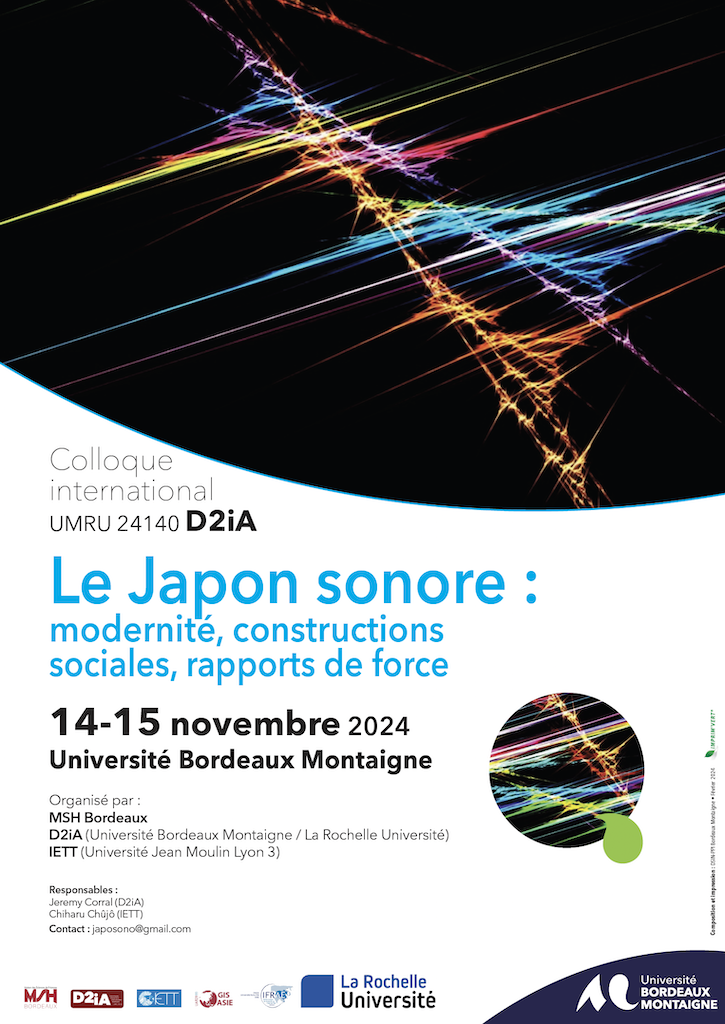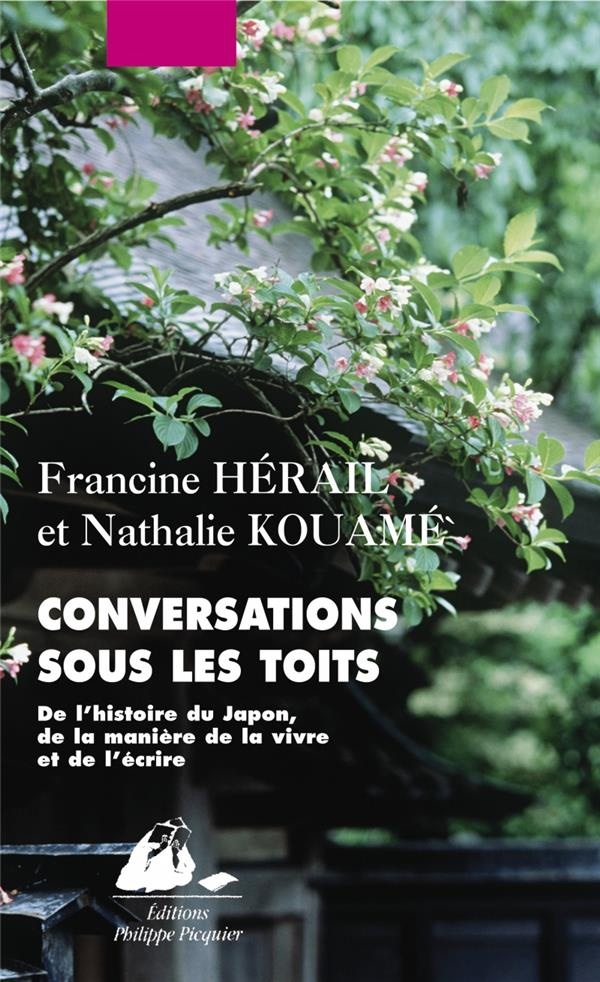Fabio Rambelli, professeur en religions japonaises à l’université de Californie-Santa Barbara, et directeur d’études invité à l’EPHE-PSL, par Matthias Hayek et Vincent Goossaert, va donner une série de quatre lecçons.
F. Rambelli est spécialiste des interactions entre les différents courants religieux du Japon, en particulier des liens entre le bouddhisme ésotérique et le shintô. Depuis quelques années, il s’intéresse à la dimension religieuse de la musique dite de cour, ou gagaku 雅楽.
Vous trouverez ci-dessous le programme des cours. Les personnes intéressées sont invitées à contacter Matthias Hayek (matthias.hayek@ephe.psl.eu) pour avoir plus de précision si nécessaire.
Séance 1: The World of Medieval Gagaku (Vendredi 17 mai, 14h-16h, Fondation Maison des sciences de l’homme, 54 boulevard Raspail, 75006 Paris, salle 15)
In this lecture I will provide a general background about Gagaku and introduce the main sources for this lecture series. In particular, we will discuss the history of Japanese Gagaku, the structure of Gagaku academies (gakuso 楽所) and the musicians’ guilds, aspects of its music, and treatments of Gagaku as a form of cultural heritage since the Edo period. We will conclude with a discussion about the main features of premodern sources about Gagaku and what they can teach us about religion and culture more generally.
Séance 2 : Medieval Japanese Musicians (Mercredi 22 mai, 16h-18h, INHA, 2 rue Vivienne, 75002 Paris, salle EPHE)
We will explore what it was like to be a professional Gagaku musician in medieval Japan: the families of the musicians’ guilds at the three Gagaku academies, the learning process, and their attitudes about music and dance. We will also discuss the performance schedules at the imperial court and at the most important temples of the realm, including the programs with the most representative compositions of the Gagaku and Bugaku repertory (most of which are still performed today).
Séance 3: The Metaphysics of Music and Dance (Lundi 27 mai, 15h-17h, FMSH, 54 Bd Raspail, 75006 Paris, salle 9)
Gagaku is related to a deep and complex metaphisics. Some of it is directly based on Confucian theories of ritual music (reigaku 礼楽) as espounded in the Book of Music (Gakuki 楽記); other components originate in India and were developed in Chna and Japan in light of Buddhist thought. Confucian ideas become very important in the Edo period, when they were developed by numerous scholars (Ogyū Sorai, Kumazawa Banzan, Tominaga Nakamoto, and others) often affiliated with samurai academies. These metaphyisical discourses shed new light on the function of this Gagaku and on ways to appreciate it. In this lecture, we will also begin to outline a metaphysics of Bugaku dance.
Cette séance sera suivie, à 17h30, d’une démonstration de shō (orgue à bouche) dans le grand hall de la FMSH. Vous pouvez y assister même si vous n’êtes pas venus suivre la conférence (durée 45 minutes environ).
Séance 4: Materiality and Immateriality of Gagaku: Music, Dance, and the Metahuman (Jeudi 6 juin, 16h-18h, Sorbonne, Escalier E, salle D064-Gaston, Paris
Gagaku performances also had a function that reached out to a metahuman level of divinities and cosmic forces. Some music and dances had purification and apotropaic functions (the dance Enbu 振鉾, the prelude Ranjō 乱声); some dances were used for divination purposes in battle; some musicians were tasked with the performance of secret rituals; and the musicians’ families preserved and transmitted a body of secret knowledge and practices, which was sometime explicitly related to the sacred. We will look in particular at the constant oscillation between the materiality of the instruments (materials, construction process, performance techniques) and their immaterial qualities (divine origin, supernatural powers, and their agency on the performers and beyond), and at narratives about Gagaku compositions.Par ailleurs, F. Rambelli fera une démonstration d’un instrument central du gagaku, l’orgue à bouche « shô », à la suite du troisième ou du quatrième cours. Je suis encore en train de chercher un local adapté, mais je ferai circuler l’information définitive dès que possible.


